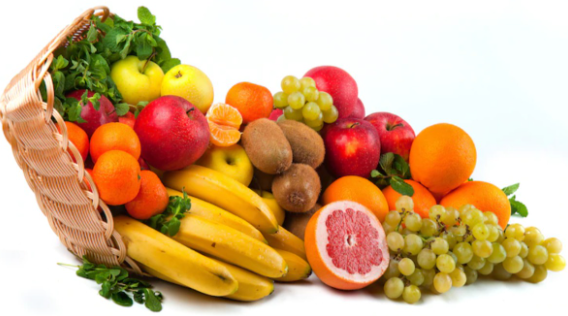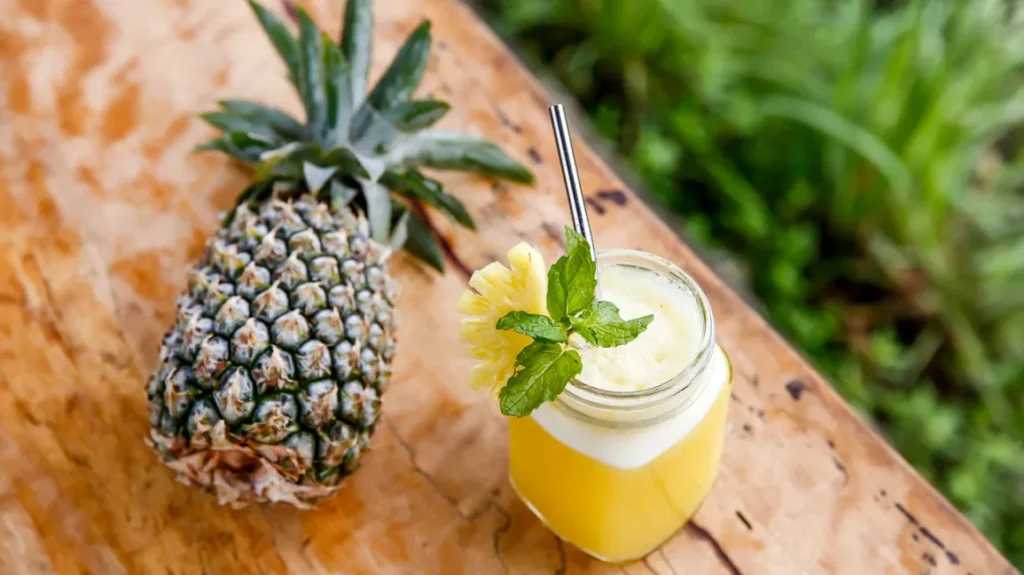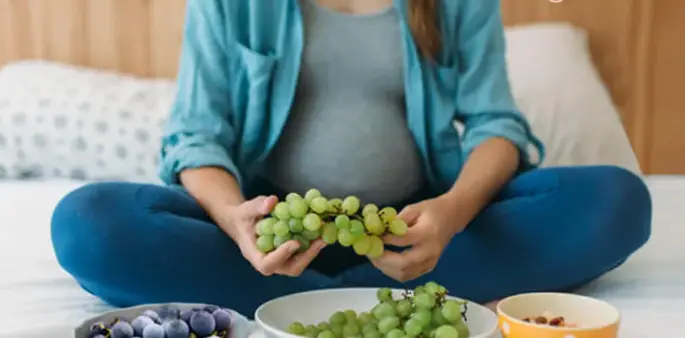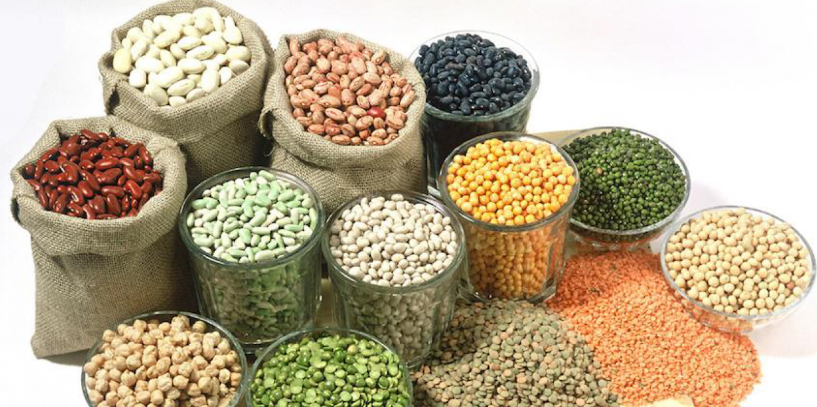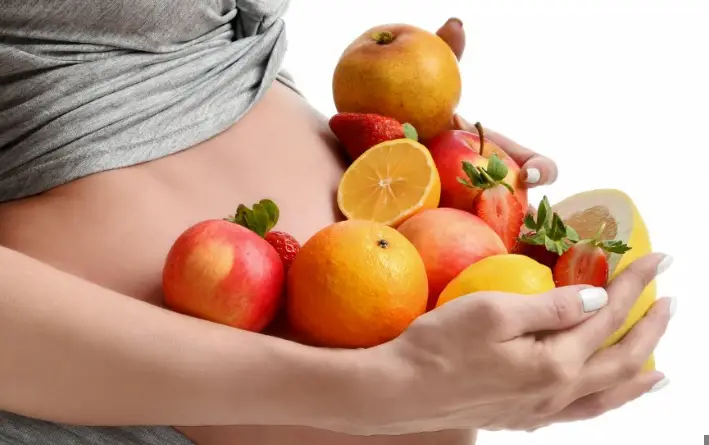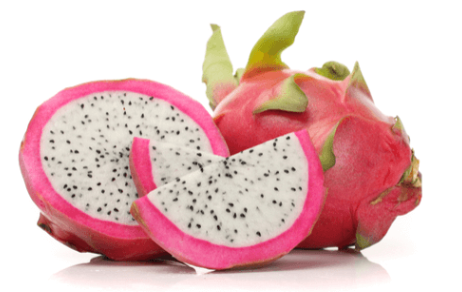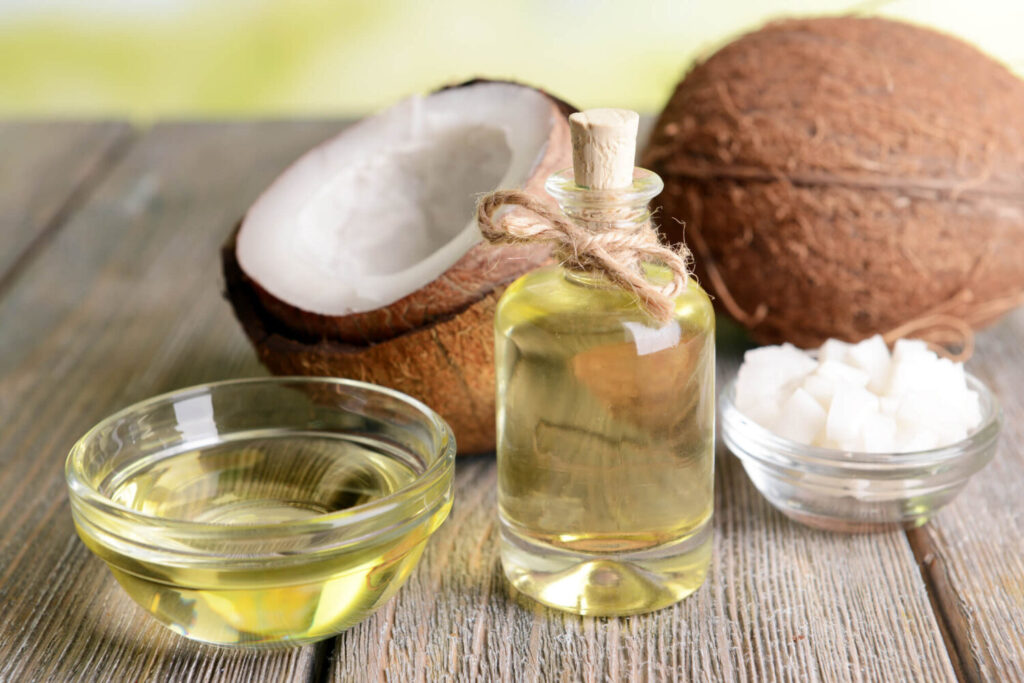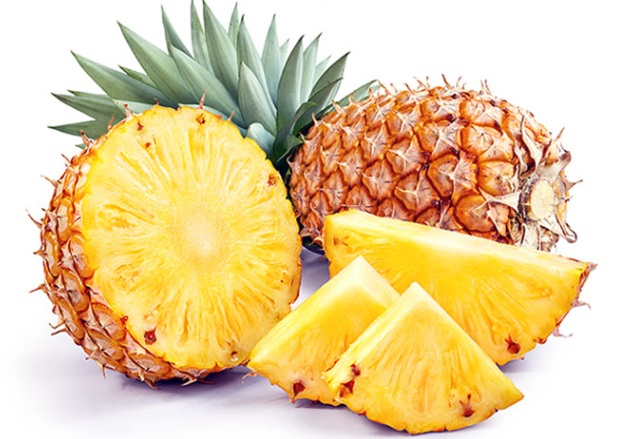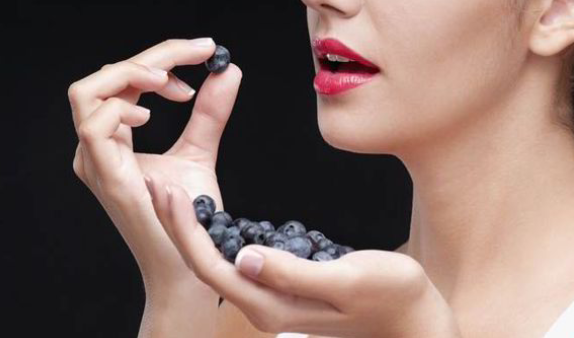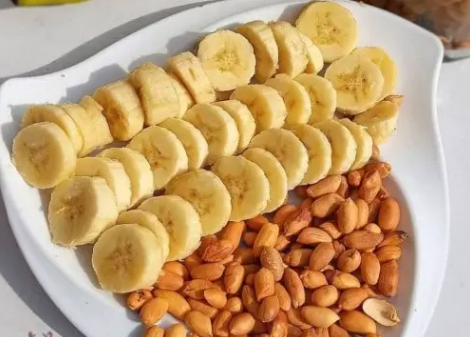Iron is really important for our health. It helps our blood carry oxygen everywhere in our body. If we don’t get enough iron, we can feel tired and get sick easily. Luckily, many yummy fruits and vegetables have lots of iron.
Table of Contents
- Why Eating Iron-Rich Fruits and Veggies is Good for You
- 12 Fruits and Vegetables Full of Iron
- 1. Spinach
- 2. Apple
- 3. Cabbage
- 4. Pomegranate
- 5. Orange
- 6. Swiss Chard
- 7. Broccoli
- 8. Apricot
- 9. Prunes
- 10. Dates
- 11. Kale
- 12. Artichoke
- Conclusion
- FAQ
- Can eating fruits and veggies high in iron stop iron shortage?
- Do foods high in iron have any bad effects?
- Can vegetarians or vegans get enough iron from their diet?
- Do I need iron pills if I eat iron-rich foods?
Why Eating Iron-Rich Fruits and Veggies is Good for You
Eating fruits and vegetables with lots of iron is good for you in many ways. Not getting enough iron is a problem for many people, but you can avoid this by eating the right foods.
- Feel More Energetic: Iron helps your blood carry oxygen, which makes you feel more awake and less tired.
- Think Better: Your brain needs iron to work well. Eating foods with iron helps you remember things, focus, and stay sharp.
- Stay Healthy: Iron helps your body fight germs and stay strong. Eating fruits and veggies with iron can help you avoid getting sick.
- Exercise Better: Your muscles need iron to work well. Eating iron-rich foods can help you run faster and lift more weight.
- Have a Healthy Baby: When you’re pregnant, you need more iron for your baby to grow healthy. Eating fruits and veggies with iron is super important.
By eating fruits and veggies with iron every day, you can enjoy these benefits and be healthier.
12 Fruits and Vegetables Full of Iron
Here’s a list of 12 fruits and vegetables that have a lot of iron:
1. Spinach

Spinach is packed with iron and other great stuff your body needs, like calcium and vitamins. Just one cup of cooked spinach has 6.43 milligrams of iron! Eating spinach can help you fight sickness and keep you healthy overall.
Eating lots of spinach can also make your immune system strong, help prevent some diseases, and help you control your weight because it’s full of fiber that makes you feel full.
2. Apple

Apples have 0.3 milligrams of iron, which can help you stay full of energy and fight iron deficiency. They are also full of fiber and antioxidants that help your stomach and keep diseases like cancer and diabetes away.
Vitamin C in apples can help your body absorb the iron better, too.
3. Cabbage

Cabbage has a kind of iron that your body can absorb really well. One cup of cooked cabbage has about 1.3mg of iron. That’s 15% of what adults should get every day. It also has a lot of vitamin C, which helps your body use the iron.
Cabbage can help your stomach work better, lower swelling in your body, and lower your chances of getting long-term diseases. You can eat it raw, in salads, or cook it in different dishes.
4. Pomegranate

Pomegranates have seeds and juice that are full of iron. One cup of pomegranate seeds has about 1.3 milligrams of iron. They also have vitamins C and K, folate, and potassium. You can eat pomegranate seeds on their own, drink the juice, or add them to salads and smoothies.
5. Orange
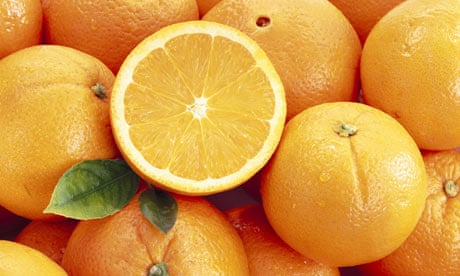
Oranges are not only tasty but also a fruit that has some iron. More importantly, they are full of vitamin C, which is really good for your body’s iron intake. Drinking orange juice or eating whole oranges can help your body absorb iron from other foods you eat.
(continuation not provided)
If you’re looking to up your iron intake, a medium orange can be of help. Oranges pack 0.6 milligrams of iron and they’re also rich in vitamin C, which helps the body absorb iron better.
Oranges come with other great nutrients too, like fiber for healthy digestion, potassium for a strong heart, and folate for healthy growth and development.
To pick the best oranges, go for the ones that feel firm and have bright, smooth skin. Steer clear of those that are soft or bruised as they might not be as good for you. Oranges are not just for snacking; you can also use them in cooking, baking, salads, and smoothies.
6. Swiss Chard

With nearly 0.6 mg of iron in a cup, Swiss chard is a leafy green full of minerals. It helps make more red blood cells which carry oxygen all over the body. This can prevent iron shortage issues like anemia, tiredness, and brain fog. Plus, it’s got antioxidants and stuff that reduce inflammation, protecting against chronic diseases.
Look for Swiss chard with bright, firm leaves and skip any that are wilted or yellow. You can cook it in lots of ways – like sautéing, steaming, or baking – and throw it into soups, stews, or salads to make them more nutritious.
7. Broccoli
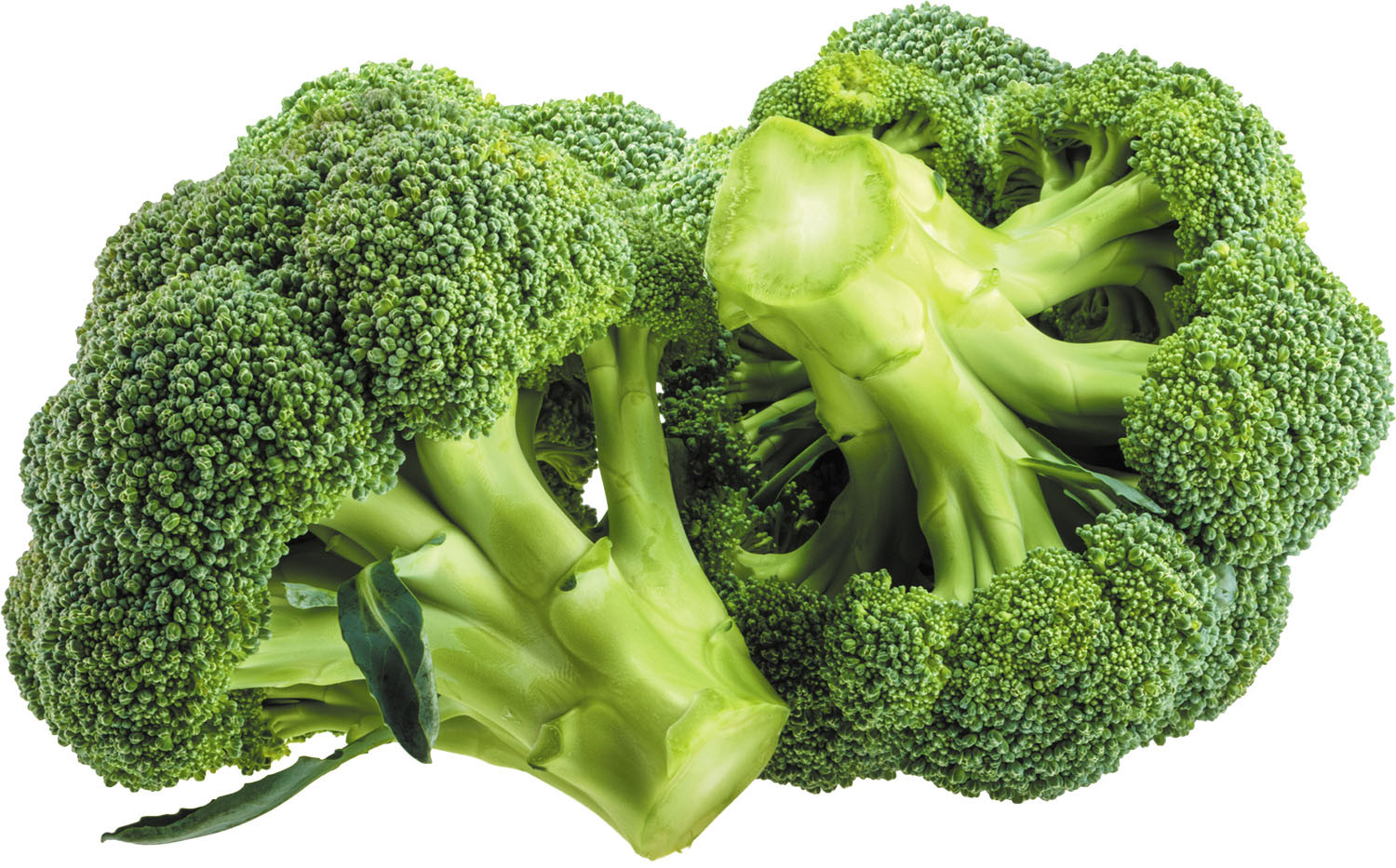
Broccoli delivers about 0.7mg of iron per cup, making it an iron-rich veggie. It’s also loaded with dietary fiber, folate, and vitamins A and C. By eating broccoli, you can boost your digestion and support your immune system while upping your iron levels.
8. Apricot

Apricots are a sweet way to get more iron, offering about 1 mg per cup. They’ve got vitamin C too, helping the body take in iron well. They can fight iron shortage tiredness and strengthen the immune system to keep you feeling fit.
9. Prunes
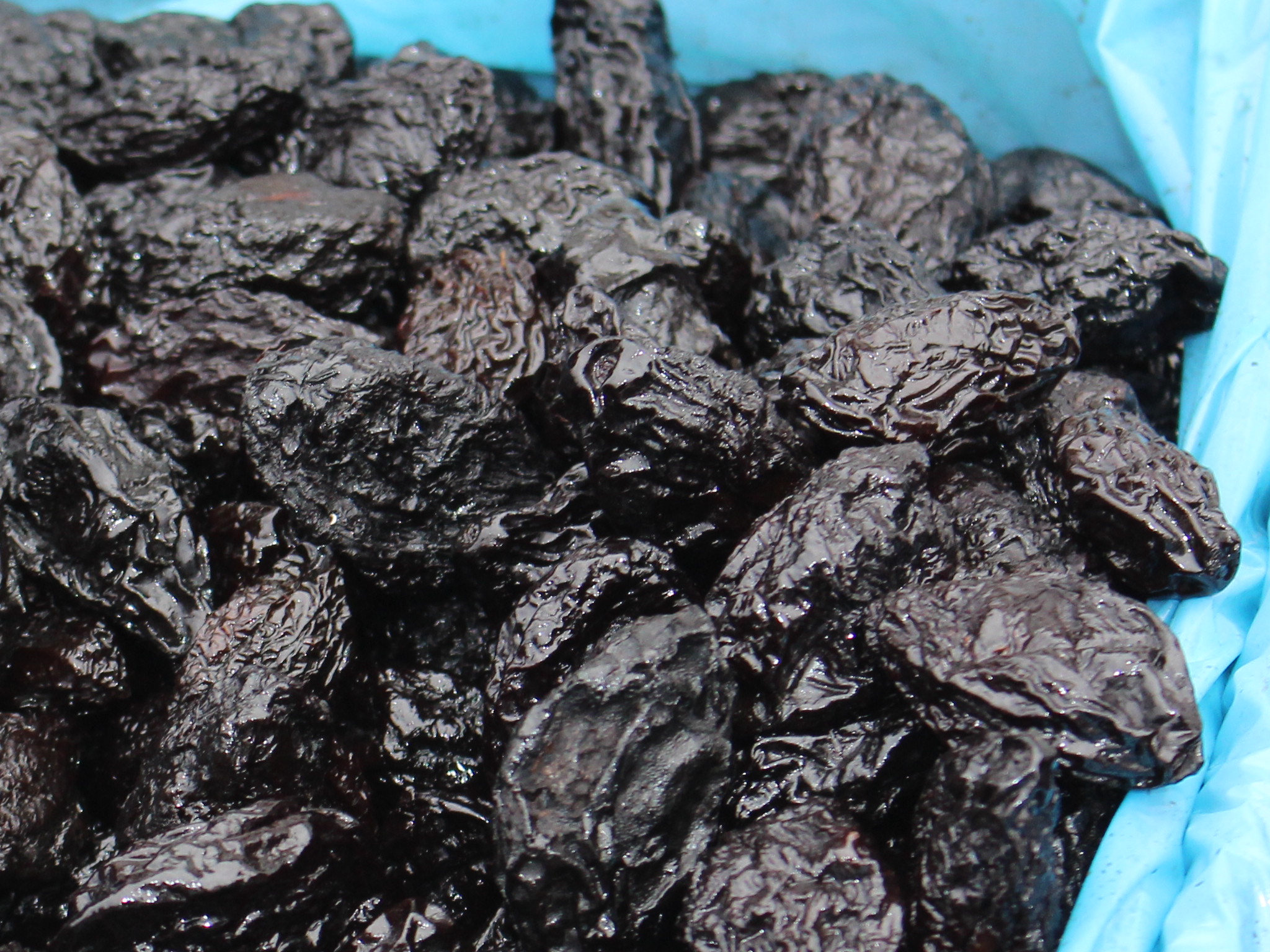
Prunes are a top source of iron with 3.7mg per cup. Their soluble and insoluble fiber makes iron easy to take in and keep.
10. Dates
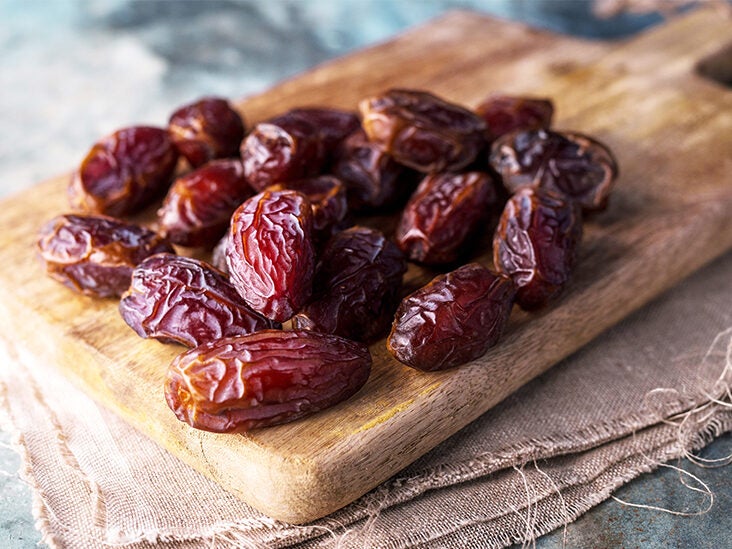
Dates are not only delicious but also a great source of iron, with 0.9 milligrams per serving. They’re full of good stuff like fiber, potassium, and magnesium. Eating dates can help with your digestion and energy levels, and promote overall good health.
11. Kale

Kale is known for its iron content and has 1.1mg per cup. Full of vitamins A, C, K, antioxidants, and compounds that fight inflammation, eating kale regularly is great for preventing anemia, strengthening the immune system, and keeping you healthy.
12. Artichoke
:max_bytes(150000):strip_icc()/GettyImages-157315654-2b78b5edd25e414ebfa0301aa676018e.jpg)
Artichokes are packed with iron, thanks to lots of ferulic acid, which lets the body absorb iron well. A medium-sized artichoke has about 3.5 milligrams of iron. They’re also full of fiber, vitamin C, and antioxidants to help keep your immune system strong and improve your overall health.
Conclusion
Eating iron-rich fruits and veggies is an easy and delicious way to get more of this important mineral. You’ve got a variety of choices, from leafy greens like spinach and cabbage to fruits like prunes and apples.
Iron is key for healthy blood cells, a strong immune response, and brain power. So next time you’re at the store, grab some of these iron-filled goodies to help keep your body fit and energetic.
